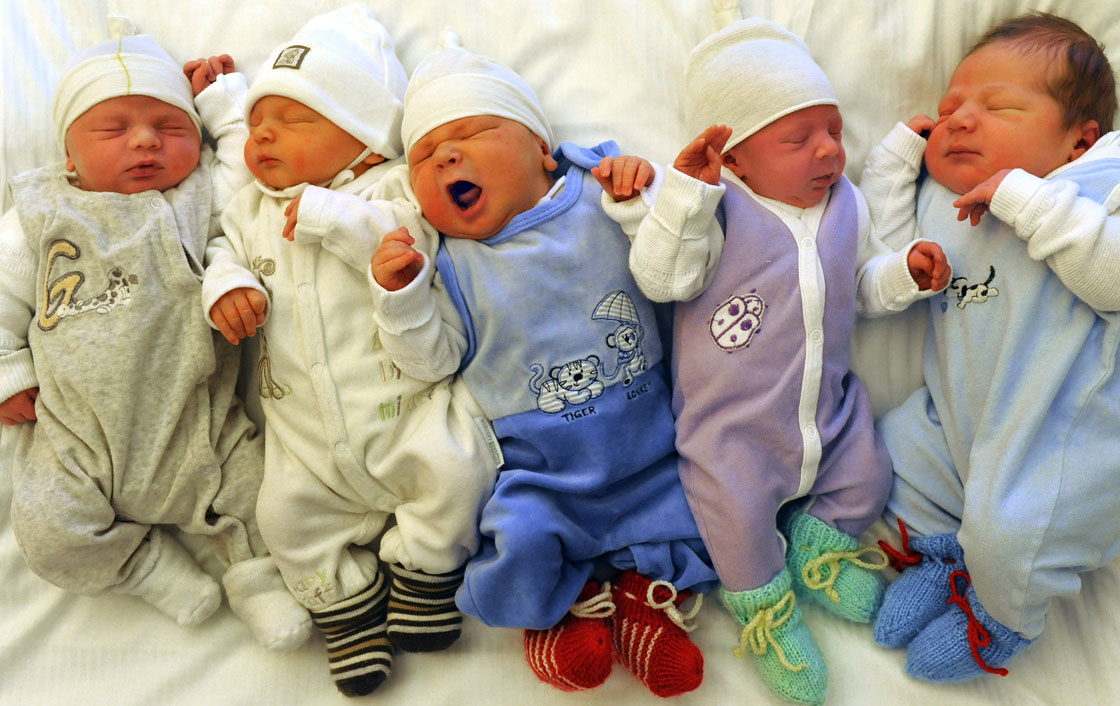Once you place your baby in his crib, he’s sobbing and in tears. As a parent, it’s hard to turn away even if sleep advice suggests you should.

A controversial sleep training method calls on parents to let their babies “cry it out,” while critics allege this move could leave your baby feeling abandoned and alone.
However, new research by a team of Australian scientists suggests that letting babies cry themselves to sleep doesn’t cause any emotional, behavioural or parent-child attachment issues that many parents may be worried about.
READ MORE: Will swaddling your baby increase the risk of SIDS?
Lead researcher Dr. Michael Gradisar is hoping his findings will reassure parents that this sleep training technique won’t come with any long-term repercussions.
“It’s natural for parents to worry about having their babies cry at bedtime,” said Gradisar, a clinical psychologist at Flinders University in Adelaide, Australia.
He specializes in treating sleep disorders across the human lifespan – his youngest client is about five months old while his oldest is about 90.
Gradisar says that for years, parents worried about babies encountering stress, or attachment issues from ‘graduated extinction,’ which is when babies cry themselves to sleep at bedtime.
READ MORE: Sleep machines may be harmful to babies’ hearing, speech, study warns
“We have personally had individuals state to us that it is commons sense that the technique is stressful to babies and thus there would be long-term effects. Others propose long-term damage. However, theories are only as good as the scientific evidence to support them,” he told Global News.
The thing is, there wasn’t any data on the long-term effects of this polarizing technique.
Gradisar decided to change this: in his research, he worked with 43 babies in a randomized control trial. The infants had nighttime sleep problems at the six-month mark. The babies were left to cry it out.
The scientists also introduced another approach called ‘bedtime fading,’ in which parents delay their babies’ bedtime by about 15 minutes at a time so their little ones fall asleep faster.
READ MORE: 8 reasons why you should aim for 8 hours of sleep tonight
Turns out, babies who had to cry it out fell asleep 13 minutes sooner and woke up less than their peers in a control group with parents had to coax their babies to bed.
There were no differences in stress levels and measurements of cortisol in the babies either.
Bedtime fading, which is a gentler technique, also worked. It also took babies about 10 minutes less to fall asleep, however, they woke up just as much as their peers in the control group.
Gradisar said he understands the hesitancy parents may have leaving their babies alone to cry until they fall asleep.
READ MORE: Interrupted sleep just as bad for you as no sleep at all, study suggests
“Like many sleep techniques … graduated extinction is hard to do. The difference is that infants cannot verbalize what they are experiencing and do not have a choice in whether they do the technique or not. So there is little doubt the technique is stressful at the time,” he told Global News.
But he says it works. It usually takes about three days for the baby’s sleep to improve. With bedtime fading, babies fall asleep quickly within about one week.
Gradisar acknowledged that his findings are preliminary and said that researchers need to do many more studies to be confident that these techniques are completely safe.
So far, experts agree with the findings on at least some grounds.
READ MORE: Canadian doctor shares her tips for falling asleep and staying asleep
Dr. Marc Weissbluth, a professor of clinical pediatrics at Northwestern University, said these latest findings add to research that suggests babies sleep better when parents put this technique to use.
“This study shows there is no harm in letting children cry to help them sleep better. They are not stressed more,” he told TODAY Parents.
Gradisar and his team’s full findings were published Tuesday morning in the journal Pediatrics.
carmen.chai@globalnews.ca
Follow @Carmen_Chai




Comments